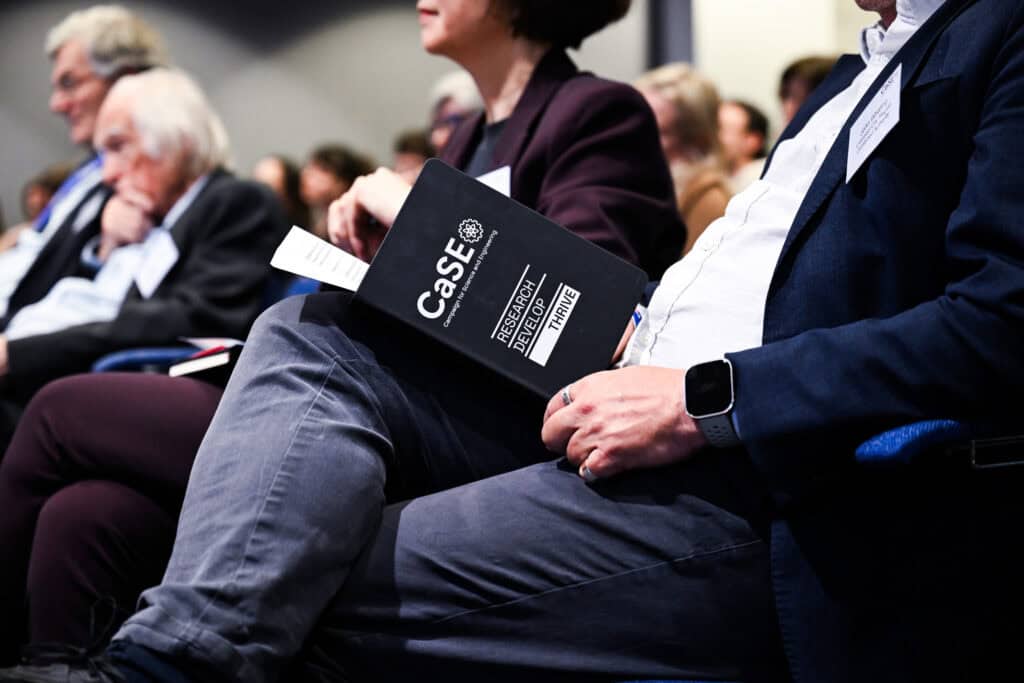CaSE response to the Education Committee’s consultation on the impact of Brexit on students, staff and higher education more broadly.
Impact of exiting the EU on HE – CaSE response
11 Nov 2016
The health of the wider science base and the health of our universities is closely linked, and many of the issues and concerns in light of Brexit are shared. Companies, universities, charities and research institutes alike see the ability to retain, access, move and attract skilled people as an essential pillar of securing a positive outcome for science as the UK leaves the EU.
Leaving the EU will present enormous challenges, along with some opportunities, right across the spectrum of science and engineering. The sector’s clear priorities in the negotiations relate to people, funding and regulation. And cutting across all three of those is the importance of collaboration. We were pleased that the Prime Minister confirmed her government’s commitment “to ensuring a positive outcome for UK science as we exit the European Union. To achieve this, negotiations and domestic policy must work together to create a migration system and environment that actively supports science, research and innovation. For the purposes of this representation, the focus is on the impact of Brexit on students, academics and higher education institutions.
Pursuing a policy of reducing the number of skilled migrants and students coming to the UK, is neither the UK public’s wish nor is it in their interest. The government should:
- Urgently clarify the work and settlement rights of EU staff and students currently in the UK
- Extend the guarantee regarding fee levels and access to loans for the duration of their course to EU students considering coming to the UK to study in 2018-19
- Ensure there is no limit on the number of overseas students coming to the UK
- Actively promote the UK as a place to learn, earn and contribute
The Business Secretary has already stated that the government “must provide the research funding to keep us out in front.” The Government should:
- Commit to ensuring the total level of investment in UK science, from EU and UK government sources combined, does not decrease from the current level following Brexit.
- Set out an ambition and framework for combined public and private research and development investment to reach 3% of GDP in 10 years.

Download the full response
DownloadRelated resources

Our 2026 conference allowed people from across the sector and beyond to hear panels of experts discuss the important issues facing UK R&D, and to ask questions to key figures influencing the future of the sector.

CaSE look at the detail of newly published ONS data on UK business expenditure on research and development.

As CaSE turns 40, we are looking ahead and exploring what the future holds for R&D in the UK. Policy Manager Camilla d’Angelo introduces CaSE’s new piece of work on ‘Reimagining R&D’.

Ahead of the upcoming DSIT allocations, CaSE, UUK, and ARMA have joined forces to examine the real impact that financial constraints are having on UK universities and the need to put it on a sustainable footing.